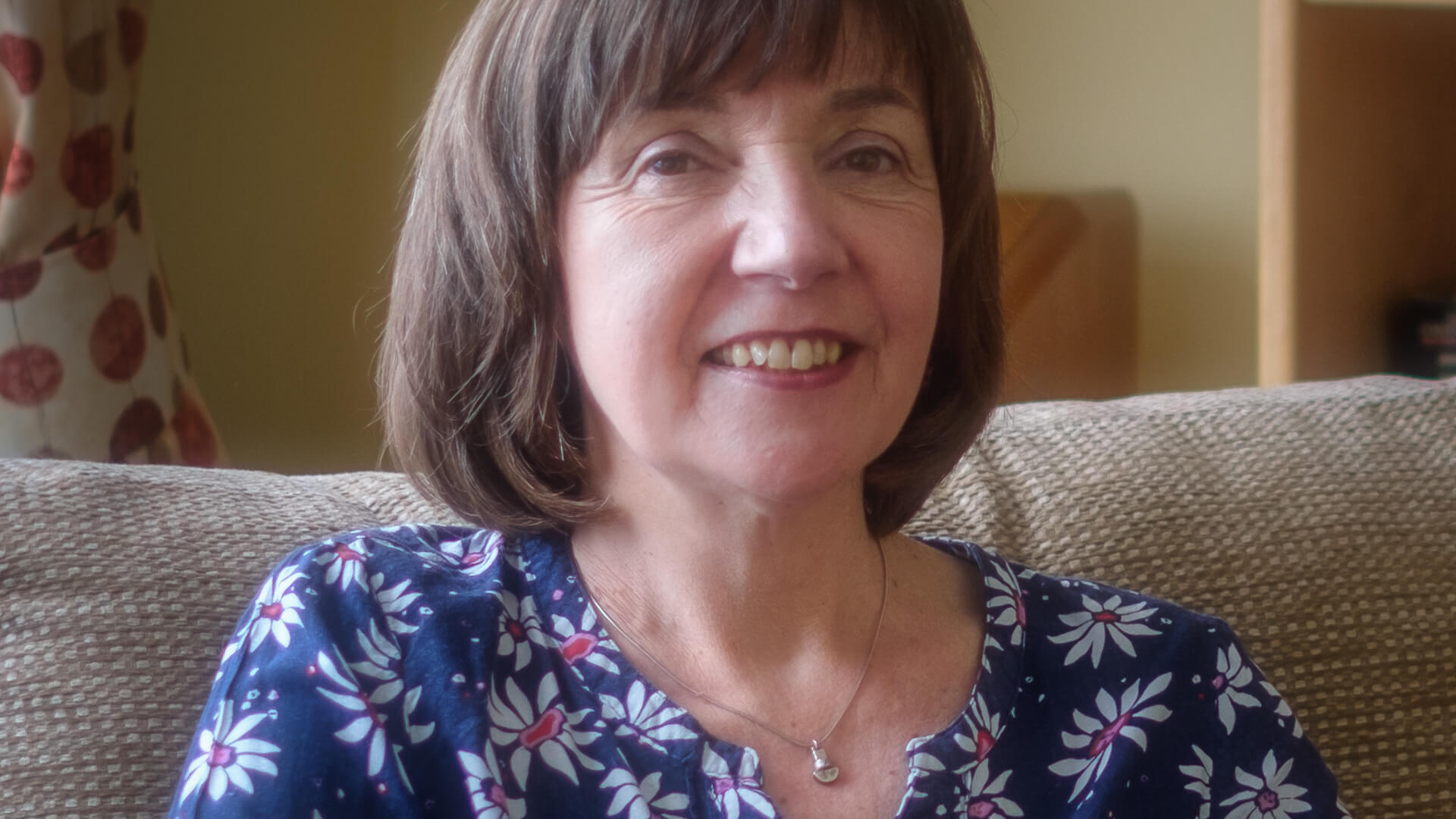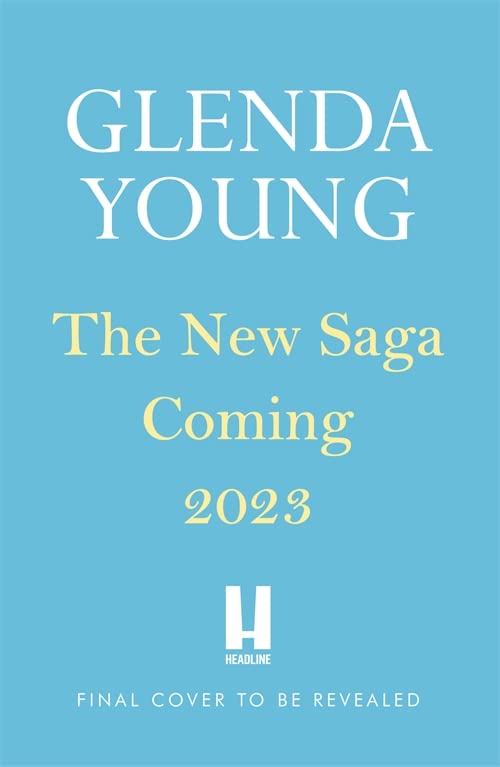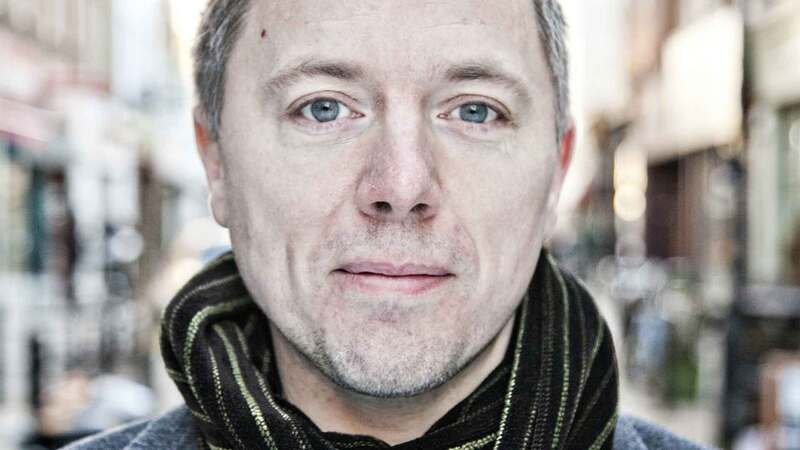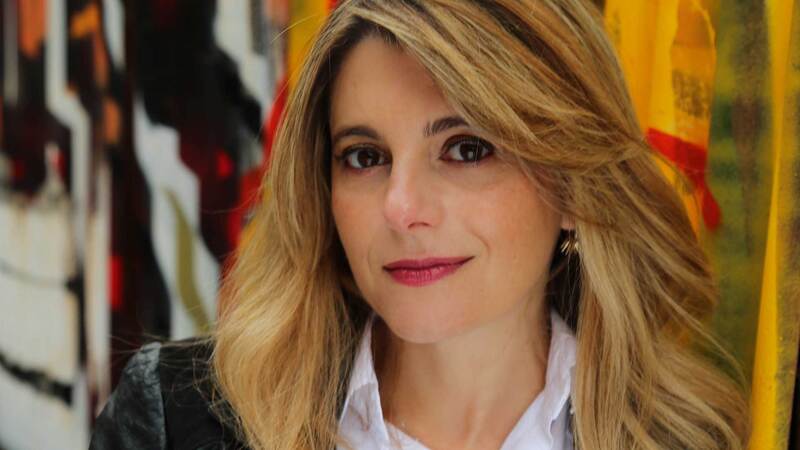You are viewing your 1 free article this month. Login to read more articles.
Glenda Young discusses her career as a novelist and the inspiration for her sagas
Sunderland-based Glenda Young discusses coming to publishing later in life, and how her love of soap operas has informed her popular saga novels.
Growing up on a council estate in Ryhope in the 1970s with only her mother’s Be-Ro cookery book to read, meant writing opportunities were scarce for novelist Glenda Young. Speaking to me over the phone from her home in Sunderland, Young explains “there were no opportunities for children like me. Being a writer was something I couldn’t even countenance”.
Young became a full-time writer later in life, first spending years working in university administration and writing a “Coronation Street” online newsletter. It was this newsletter that would get her noticed by ITV and onto a three-week internship with the press office. “That was probably the most surreal experience of my life,” she reflects, having completed the internship during a “moment of madness” in her mid-thirties, and as a “very mature” journalism student at the University of Sunderland.
Later, while helping write and update two “Coronation Street” books at the behest of ITV, Young returned to her career in university administration. But when ITV asked her to write a “tribute book” to Anne Kirkbride, who played Deirdre Barlow in the soap opera, everything changed. At 50 years old she quit her job to dedicate herself to writing and shortly after began pitching short stories to women’s magazines.
You’re at that point where you’re thinking, ‘It’s now or never’
Her leap of faith paid off. Fast-forward through an offer from the People’s Friend magazine to write a weekly soap (“Riverside”), Caroline Sheldon offering to agent, an initial three-book deal with Headline, seven sagas and a cosy crime series set in Scarborough, and we arrive at the present. “I’ve got my love of soap opera really to thank for all of it!”, Young laughs.
It may have taken years to become a full-time author but Young speaks animatedly about the journey, citing age as the push she needed to commit: “You’re at that point where you’re thinking, ‘It’s now or never’. Menopause had a lot to do with it because it gives you that power and you think, ‘If I don’t do this, I’ll live to regret it’.”
Writing has given her a new lease of life. Before becoming a full-time author, Young was incredibly shy, even turning “down promotions a few times because it would have meant getting up and speaking in front of people”. Now, living by the north-east saying “shy bairns get nowt”, she relishes the chance to talk to groups about her writing, even clinching a segment on BBC Radio 4’s “Woman’s Hour” during lockdown.
Children have been some of her more inquisitive, and challenging, audiences. When invited to open the library at Ryhope Junior School—the only library left in the village—one girl demanded: “My grandad says that all writers are either liars or thieves, which one are you?” To which Young diplomatically replied: “I think he has a point because I get paid to sit at home and make things up!”
Programmes such as New Writing North and Writing East Midlands “didn’t exist” for Young, but she is hopeful that these opportunities will help younger people see writing as a career path. “Writing is every bit as valid as science and maths,” she says, adding that if she hadn’t become a writer “I would just be trundling along”.
When you grow up somewhere, you take it for granted; but now I’m very keen to share the heritage and history of the village
Success as a writer can be an uphill battle, but even more so when you are over 50 and live outside London: “It’s perseverance. You’ve got to stand up, put your hand up and say, ‘Excuse me, I’m here as well.’” The publishing industry’s London-centricity remains a barrier. Although it can be “exciting” to travel to the capital, Young acknowledges “all the expense” involved in travel and overnight accommodation—an expense which not all would be able to afford.
Home is where the heart is
Young’s sagas pay homage to her working-class background and her childhood. Each book is set in Ryhope and, in writing about her home town, Young has fallen in love with its history: “When you grow up somewhere, you take it for granted; but now I’m very keen to share the heritage and history of the village.”
Indeed, she is now, in all but name, a local historian, leading a “really popular” guided tour around the village every September. These village perambulations, as tour guide or writer, provide vital material for the books: “I’m really walking in my heroine’s shoes, thinking about the buildings she may have looked at. I’m really trying to get into her skin before I start writing.”
Young asserts that her sagas “are definitely feminist books” and her upcoming trilogy will be no exception. With the first instalment, The Toffee Factory Girls, set to be published in 2024, Young is already knee-deep in research. Luckily, it is one of her favourite parts of writing: “If my writing career ended tomorrow, I would want to get involved in some sort of research—even if it was just stacking boxes in an archive centre!”










